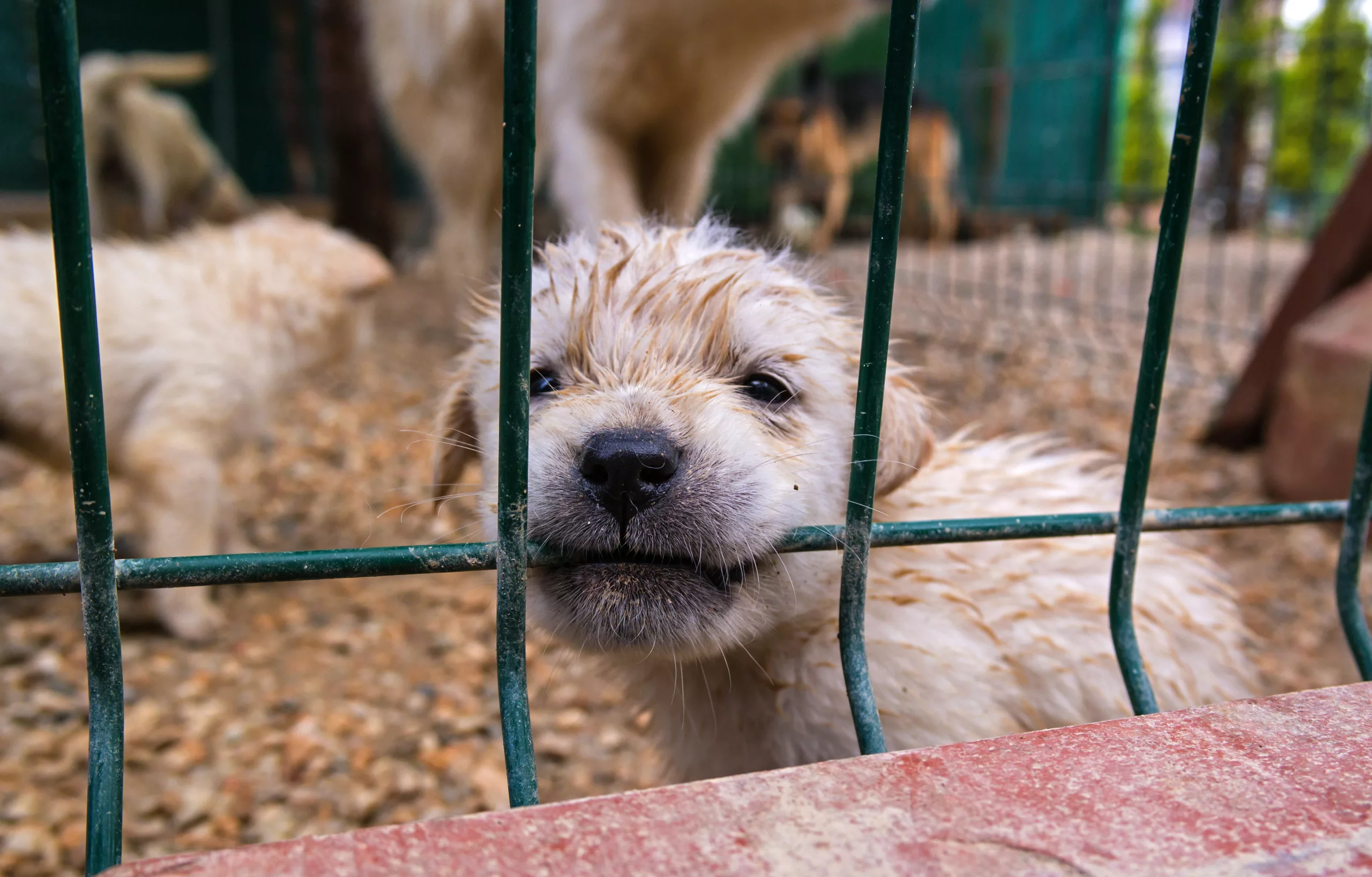Aiming to end puppy and kitten mills, Lexington moves to introduce Humane Pet Sales Ordinance

Lexington, Ky. – The Lexington Social Services and Public Safety Committee is set to review the proposed Humane Pet Sales Ordinance on Tuesday. Spearheaded by Todd Blevins, Kentucky State Director of the Humane Society of the United States, the ordinance seeks to disrupt the notorious puppy and kitten mill to pet store pipeline that has plagued communities nationwide.
Currently, Lexington is home to two pet stores that sell dogs and cats directly to consumers, a practice that, according to the Humane Society, often supports large-scale commercial breeders known for prioritizing profit over the well-being of animals. Research indicates that these establishments, including a well-known chain with a local presence, source their animals from mills with dire welfare records.
The proposed ordinance aims to protect animals from this inhumane practice by encouraging the adoption of dogs and cats from shelters and rescue organizations, thus also aiding in alleviating the burden on local animal welfare groups. Moreover, it intends to shield consumers from the myriad of issues associated with pet store purchases, including the risk of acquiring chronically ill pets and the pitfalls of predatory financing.
The legislation does not impose a ban on acquiring pets from responsible breeders or through shelters and rescue agencies, maintaining Lexington residents’ access to a wide range of pet choices. Instead, Blevins says, it would “[s]end a clear message that puppy and kitten mills and their
inhumane practices are not welcome in Lexington.”
The movement is part of a growing national trend, with 488 communities across the United States, including Kentucky’s own Elizabethtown, Radcliff, and Louisville, having passed similar laws, according to Blevins. These legislative efforts have contributed to a notable decline in the number of dogs in puppy mills, with USDA records indicating a reduction of 32,000 dogs over the last decade. This shift underscores the effectiveness of such ordinances in curbing the operations of inhumane breeding facilities.
The ordinance would go into effect 30 days post-passage, and violators face would a $500 fine for each offense.
Recommended Posts

Kamala Harris needs a VP candidate. Could a governor fit the bill?
Fri, July 26, 2024
After cyber-attack on Jefferson County Clerk, Fayette counterpart discusses precautions
Fri, July 26, 2024
An eastern Kentucky animal shelter is swelling this summer
Fri, July 26, 2024